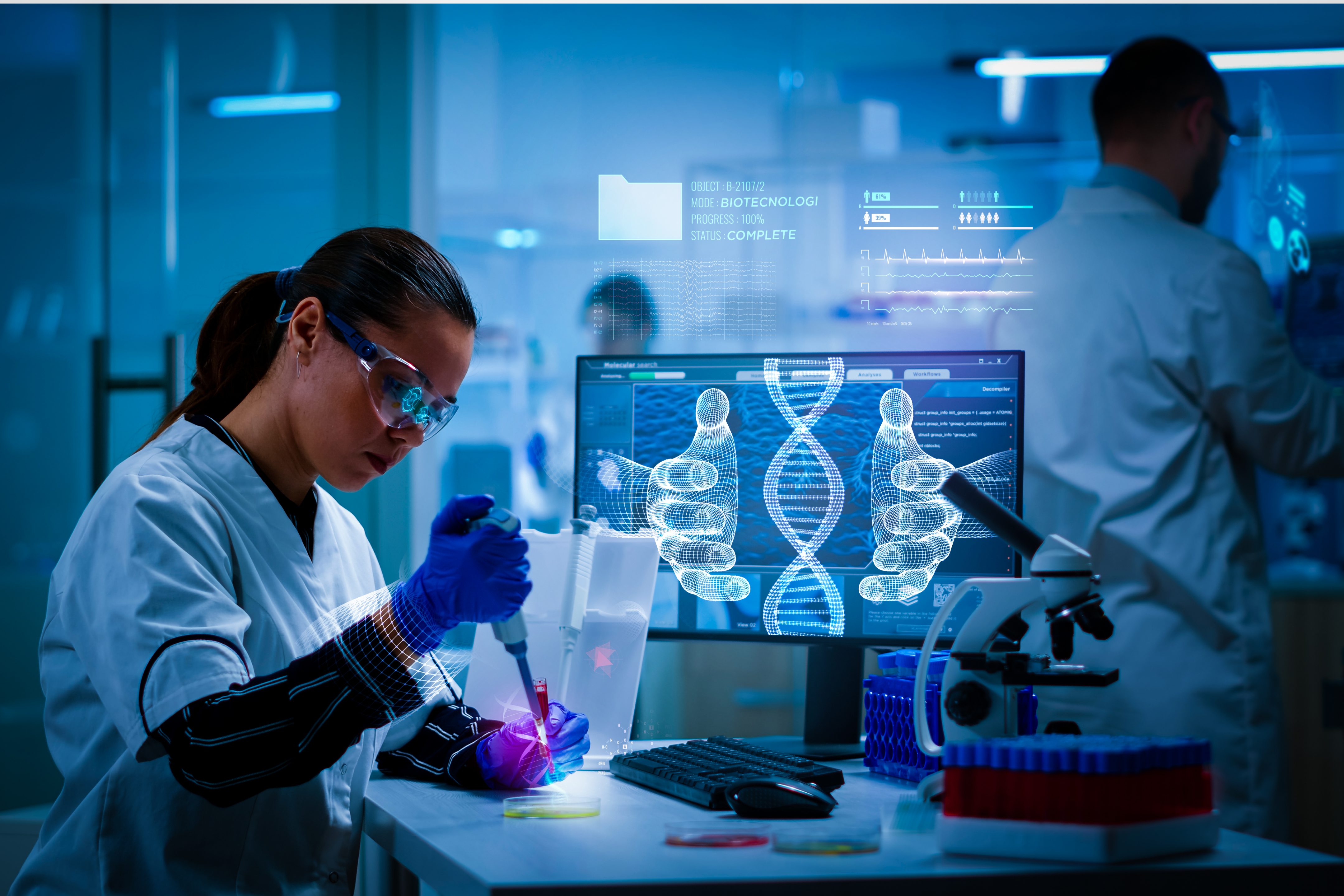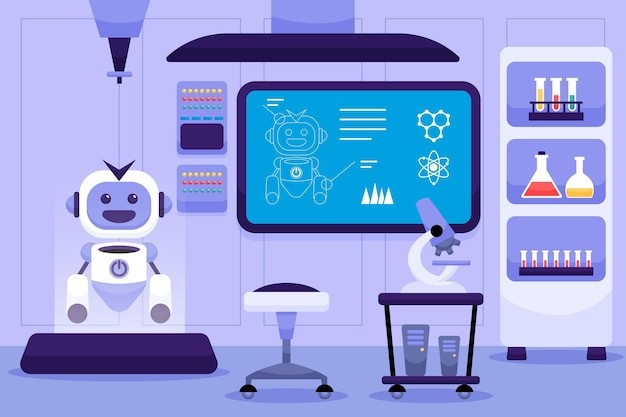Artificial intelligence (AI) is proving to be a transformative tool in various fields, including chemistry. A recent study published in Nature Machine Intelligence highlights the potential of AI chatbots in making accurate predictions in chemistry. This breakthrough offers a cost-effective solution for chemical laboratories, democratizing access to advanced predictive capabilities. Now, let’s explore how AI chatbots like GPT-3 are simplifying chemical research.
Also Read: AI-Driven Chemist RoboChem Accelerates Chemical Synthesis

Unlocking the Potential of General-Purpose Systems
Researchers led by computational chemist Kevin Jablonka from the Friedrich Schiller University of Jena explored the capabilities of large language models (LLMs) like GPT-3 in addressing chemistry-related queries. By fine-tuning these general-purpose systems with curated data sets, they achieved remarkable accuracy in predicting molecular properties and reaction outcomes.
Democratizing Predictive Capabilities
The study demonstrates that with minimal adjustments, AI chatbots can rival or even outperform specialized models in chemistry. This democratization of predictive capabilities holds immense promise for smaller chemistry labs with limited resources. It enables them to harness the power of AI for enhanced research outcomes.
Versatility and Adaptability in Predictive Modeling
Notably, the fine-tuned AI chatbot exhibited a remarkable ability to predict the properties of ‘high entropy’ alloys, a complex class of materials composed of multiple metals. Despite limited prior knowledge, the system accurately inferred the arrangement of metals within these alloys. This showcases its versatility and adaptability in predictive modeling.

Streamlining Chemical Analysis
The streamlined approach developed by Jablonka and his team offers a swift and user-friendly method for chemical analysis. By leveraging pre-trained models like GPT-3 and feeding them with curated Q&A datasets, researchers can obtain accurate insights into various chemical issues with ease, revolutionizing the way chemical research is conducted.
Our Say
The integration of AI chatbots into chemical research represents a significant step in leveraging technology to address complex scientific challenges. By simplifying the process of predictive modeling and expanding access to advanced tools, this innovation has the potential to accelerate innovation and drive progress in the field of chemistry.
The study heralds a new era in chemical research, where AI technologies empower researchers with efficient and accurate predictive capabilities. This paves the way for groundbreaking discoveries and advancements in the field of chemistry, in the near future.
Follow us on Google News to stay updated with the latest innovations in the world of AI, Data Science, & GenAI.




